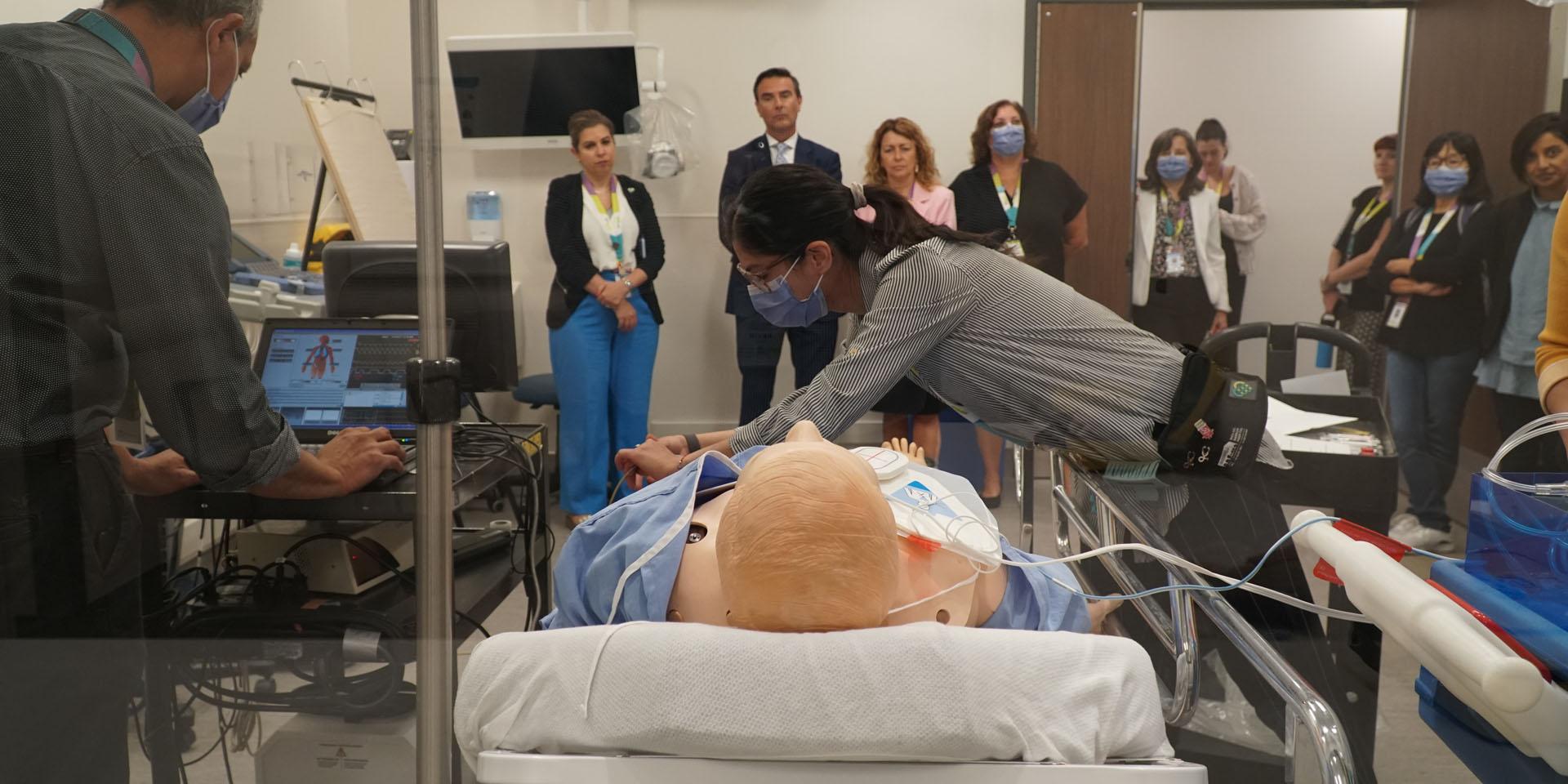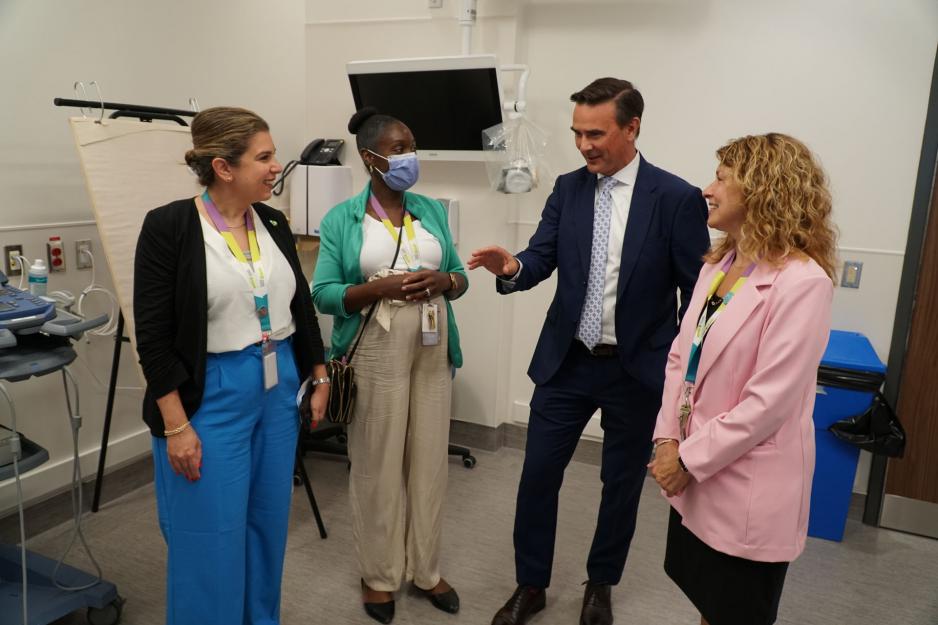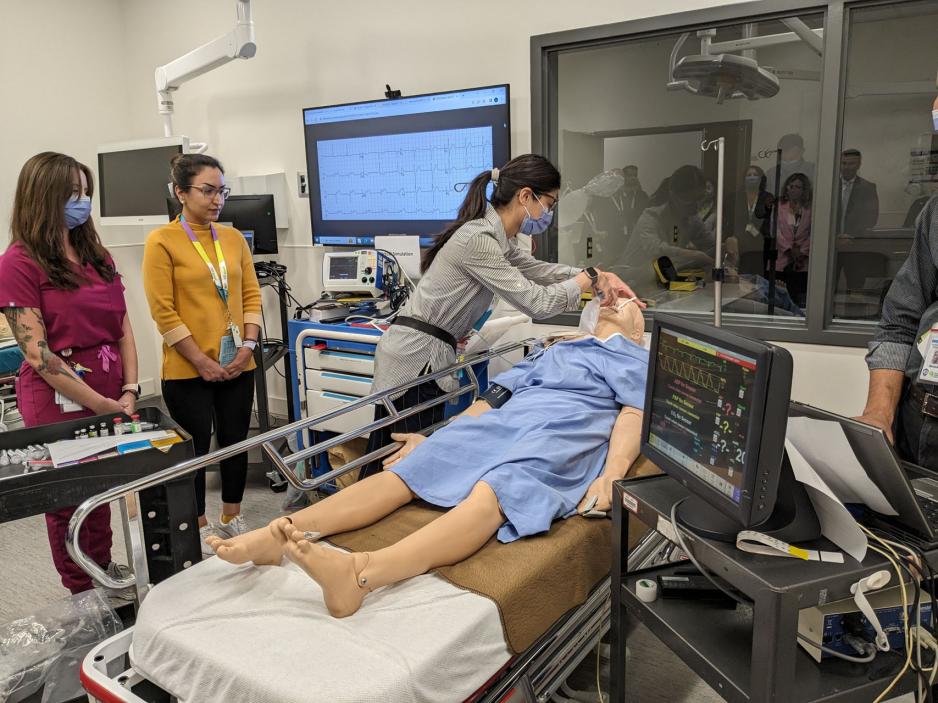Coxwell Entrance Closure
MGH’s main entrance on Coxwell Avenue will close on March 21, 2025 as the next phase of our redevelopment project begins. Starting on March 21, patients and visitors can begin using the new temporary main entrance on Sammon Avenue between Coxwell Avenue and Knight Street. View a map detailing the closure.


